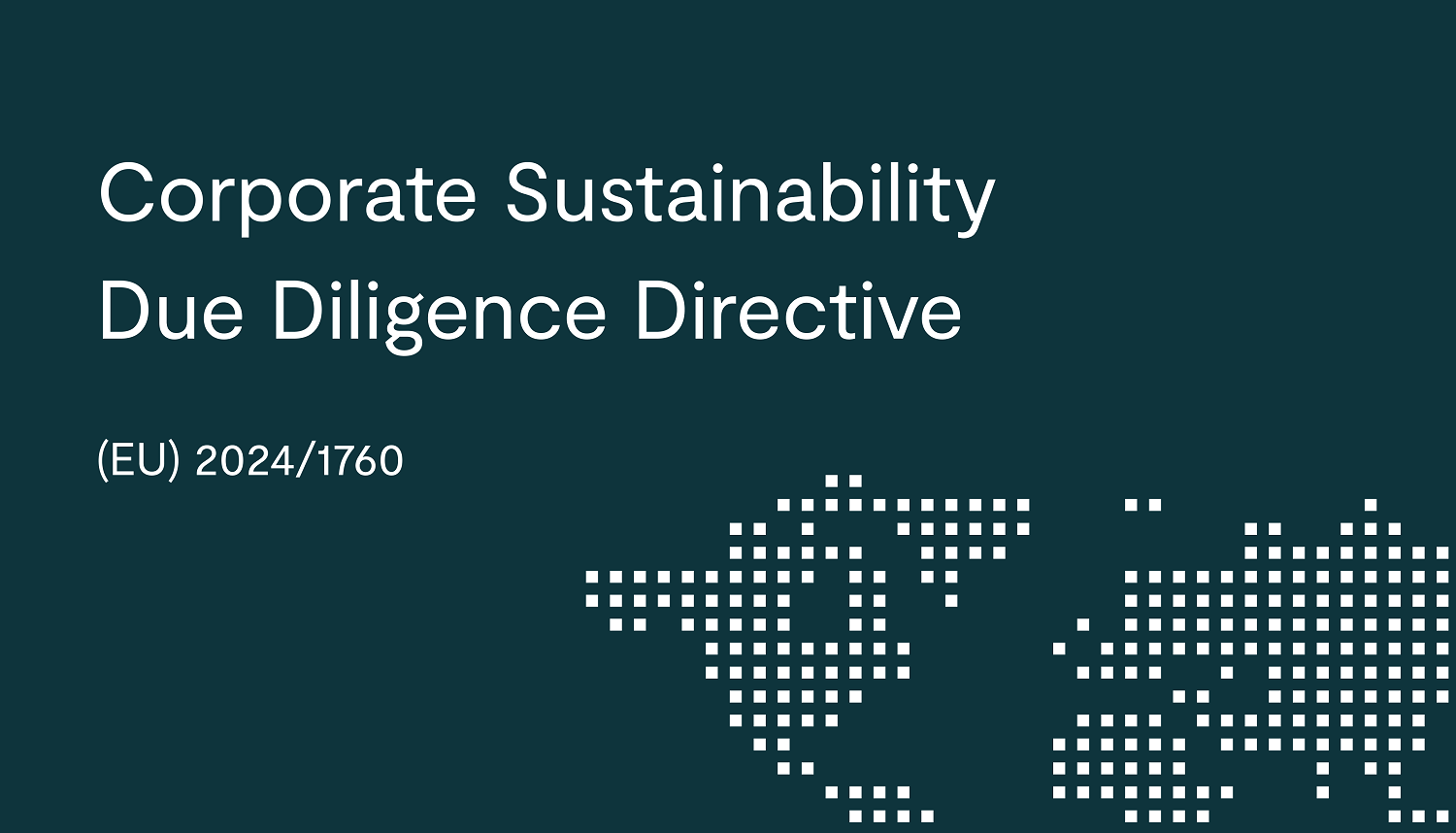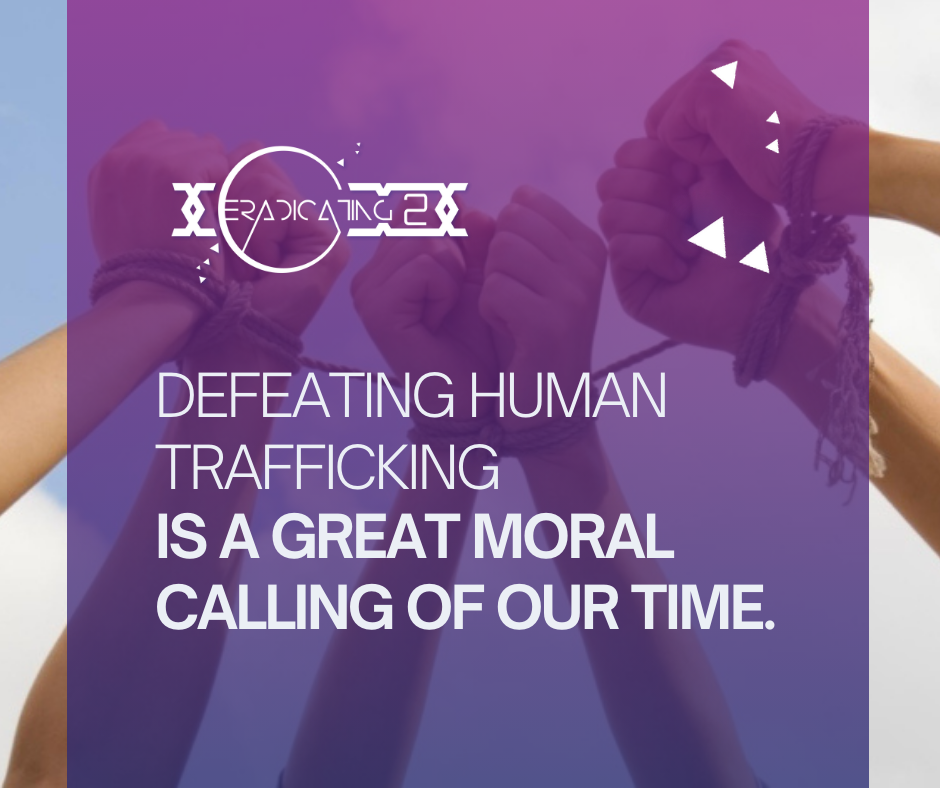Directive 2024/1760: The European Union Takes Action to Protect Workers’ Rights

In 2022, 10,093 victims of human trafficking were officially registered in the European Union, with over 40% subjected to labor exploitation. Unfortunately, the real number of victims is likely much higher, as many cases remain undetected.
This year, the European Union has taken a major step toward promoting sustainable and responsible corporate behavior. In July 2024, the EU adopted the Corporate Sustainability Due Diligence Directive – Directive (EU) 2024/1760. The directive introduces new obligations for large companies to ensure that their business operations and supply chains are managed in a way that upholds human rights and protects the environment.
The directive is part of the EU’s broader efforts to build a more just and sustainable economy while addressing critical issues such as labor exploitation and human trafficking. Member States are required to transpose the directive into national law by 2026, with full implementation scheduled for 2029.
How the Directive Will Help Reduce Human Trafficking and Labor Exploitation
The directive obliges large companies to take greater responsibility for their business practices by introducing new standards for corporate governance. These rules aim to increase transparency and accountability throughout global supply chains and prevent practices that lead to labor exploitation.
Companies will be required to assess where in their operations—or in the operations of their suppliers—there is a risk of human rights violations. This includes examining working conditions, evaluating wages, and checking for signs of forced labor, child labor, or other exploitative practices. These assessments must cover not only the companies’ own operations but also their subcontractors, suppliers, and business partners.
Once risks are identified, companies will be obligated to take action to eliminate them. This may involve developing action plans to improve working conditions, working with suppliers to align practices with international standards, and, if necessary, ending business relationships with partners who refuse to comply.
In addition, Directive 2024/1760 requires regular reporting. Companies must publish information about the measures taken, results achieved, and remaining challenges.
This is a significant step forward for EU Member States, placing a strong emphasis on the protection of human rights and the development of sustainable economic models.
The Role of Civil Society
Civil society organizations have a unique opportunity—and responsibility—to support the successful implementation of Directive 2024/1760 by acting as mediators between public institutions, businesses, and communities. They can lead advocacy efforts, raise awareness, and explain the importance of the directive to companies, communities, and consumers—creating shared understanding of the new standards and requirements.
NGOs can also push for effective enforcement and monitoring mechanisms at both national and EU levels to ensure that the directive is not merely symbolic.
In addition, the nonprofit sector can contribute to capacity-building by offering training and resources, especially to small and medium-sized enterprises (SMEs), which often face challenges in adapting to new regulations. Organizing seminars and best practice exchanges in the field of corporate sustainability and social responsibility can accelerate the integration of the directive into everyday business operations.
Monitoring is also a key element—civil society can develop independent tools for tracking progress and publishing reports that highlight successful models and identify areas in need of improvement.
Field Observations
In 2024, Dignita Foundation conducted a review of 400 job advertisements in Bulgaria, revealing numerous warning signs linked to potential labor exploitation risks. Many of these ads showed the following red flags:
- Requests for personal documents or photos (or, conversely, no documents or CVs required at all)
- No company information provided
- Readiness to accept unqualified applicants without scrutiny
- Mismatches between job descriptions and the actual nature of the work, or vague descriptions that cannot be verified
- Missing or overly simplified application procedures
- Lack of information about employment contracts—or total absence of a contract
Labor exploitation remains a serious issue that cannot be easily eradicated. There are numerous underregulated sectors where vulnerable groups continue to be exposed to exploitative practices. According to the International Labour Organization, 20.9 million people globally are still victims of forced labor.
Directive 2024/1760 marks an important step forward by laying the foundation for greater corporate responsibility, the development of effective oversight systems, and increased societal awareness of the issue.

